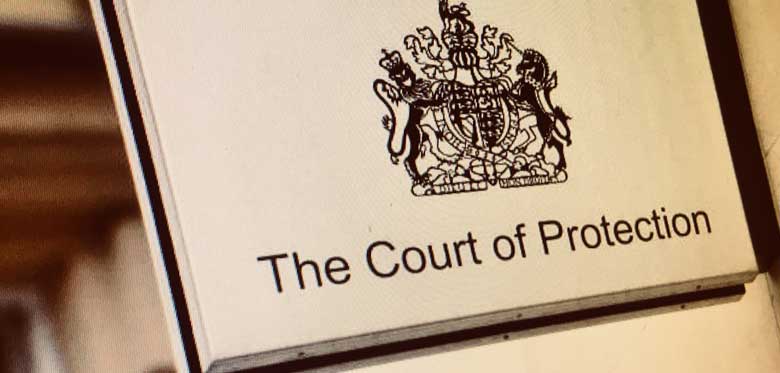A deprivation of liberty occurs when a person (P) has their personal freedom restricted. This could be because of their care package, to meet their care needs and keep them safe (for example in a locked care home).
Article 5 of the European Convention of Human Rights (ECHR) guarantees the right to personal liberty and provides that nobody should be deprived of their liberty in an arbitrary fashion. Article 5(1)(e) permits the lawful detention of (amongst others), ‘persons of unsound mind’, and only then in accordance with a procedure prescribed by law.
The European Court of Human Rights confirmed that a deprivation of liberty has three elements:
- The objective element – confinement in a restricted space for a non-negotiable period of time
- The subjective element – P has not validly consented to that confinement (P must lack mental capacity to consent to living in that particular place in order to receive care)
- The detention is imputable to the state – the state is responsible because it knew or ought to have known about the deprivation, for example if the public authorities are directly involved in the care package (e.g. is funding it) or if it has breached its positive obligation to protect P.
In 2014, the Supreme Court set out the ‘acid test’ for identifying a deprivation of liberty in P v Cheshire West and Chester Council [2014] UKSC 19. The test states that P is deprived of his liberty if:
- He is subject to continuous supervision and control; and
- He is not free to leave.
The Supreme Court also confirmed that the following factors are not relevant to the assessment of whether P is objectively deprived of his liberty:
- P’s compliance with the care / restrictions, or lack of objection to the arrangements
- The relative normality of the placement; and
- The reason or purpose behind the placement.
Deprivations of liberty occurring in hospital or care home settings can be authorised by a local authority under the Deprivation of Liberty Safeguards (DoLS).
Outside of a hospital or care home setting (for example in a supported living facility or domestic setting), a deprivation of liberty must be authorised by the Court of Protection under the Mental Capacity Act 2005. Following the decision of the Supreme Court in P v Cheshire West, a streamlined procedure (known as the ‘Re X procedure’) was introduced to enable the court to deal with an increased volume of deprivation of liberty cases whilst distinguishing the more complex cases which require an oral court hearing.
Examples of factors which may indicate that a person is deprived of his or her liberty include:
- P being supervised within the care setting, or in the community
- Restrictions on contact with others
- Use of restraint (chemical and / or physical)
- Restrictions on internet or social media use
- Restrictions on access to the community
- Locked doors to the placement / the person being unable to freely decide to leave
- If someone was to abscond from the placement, they would be found and taken back there
- Use of a legal framework, such as DoLS
The law in relation to deprivation of liberty is complex and has been subject to a lot of changes in recent years. If you have concerns about a deprivation of liberty in respect of a loved one, then it is important to seek legal advice at the earliest opportunity. Our specialist deprivation of liberty solicitors have extensive knowledge in this area. If you require assistance, please contact us on 01616 966 229.




Comments